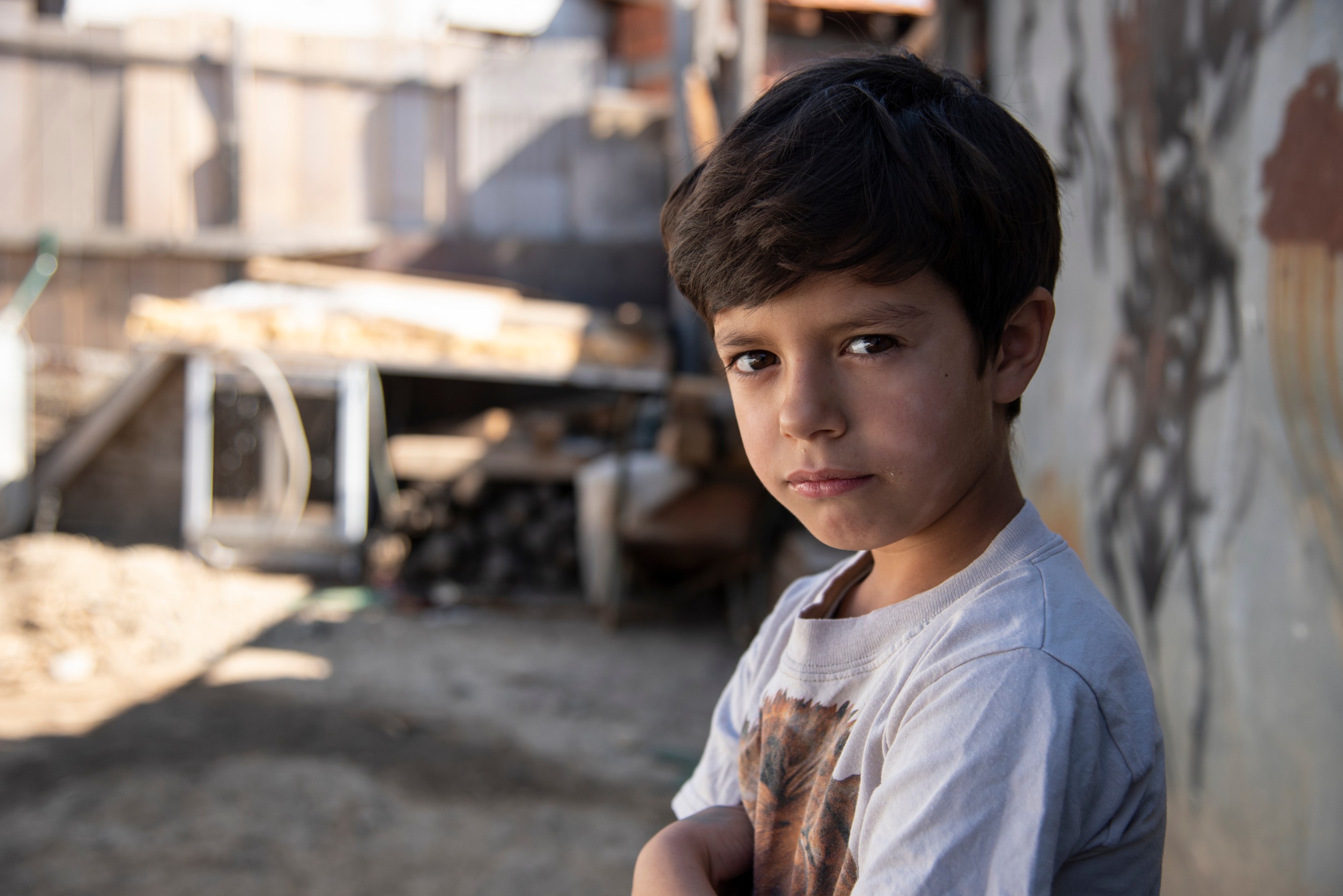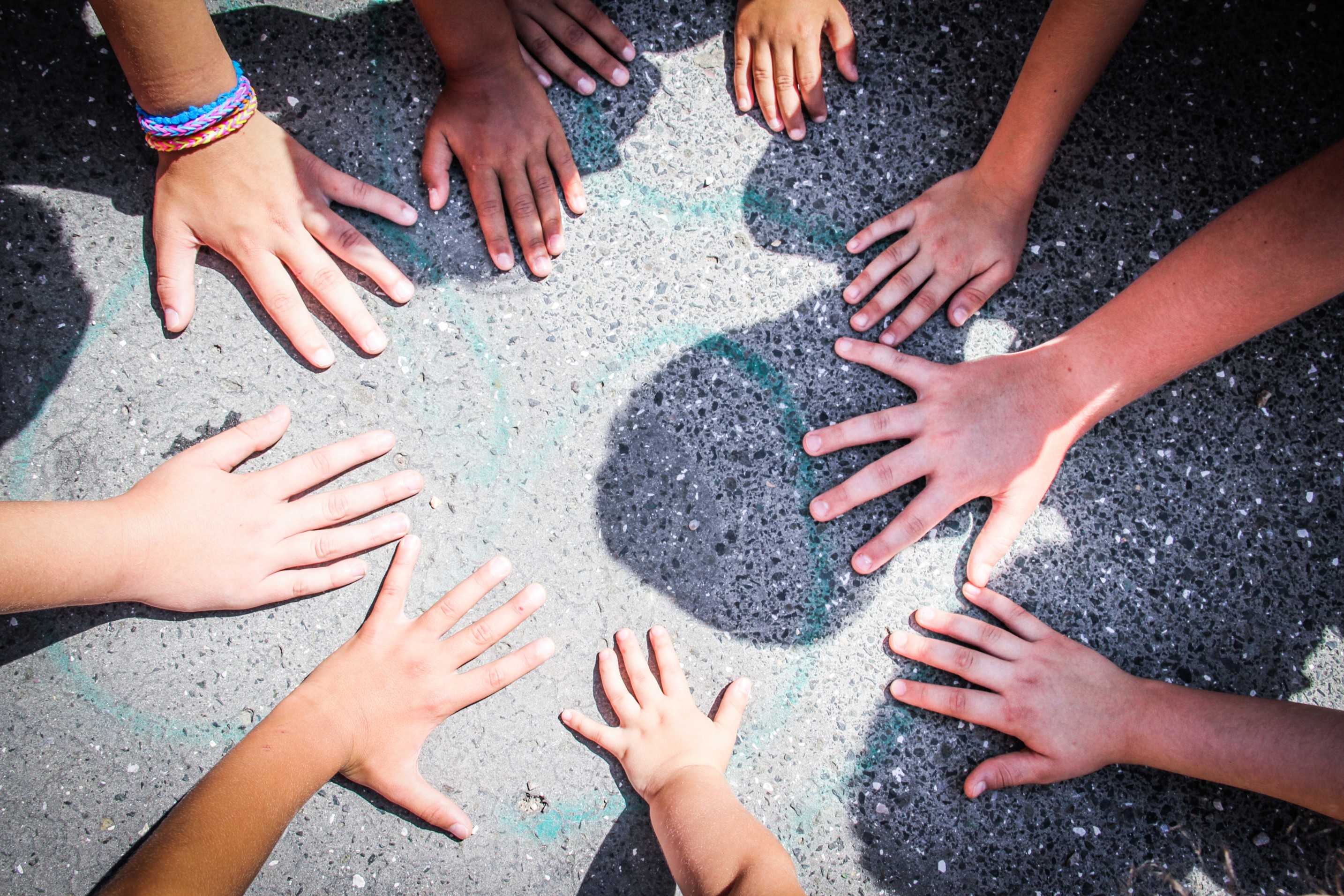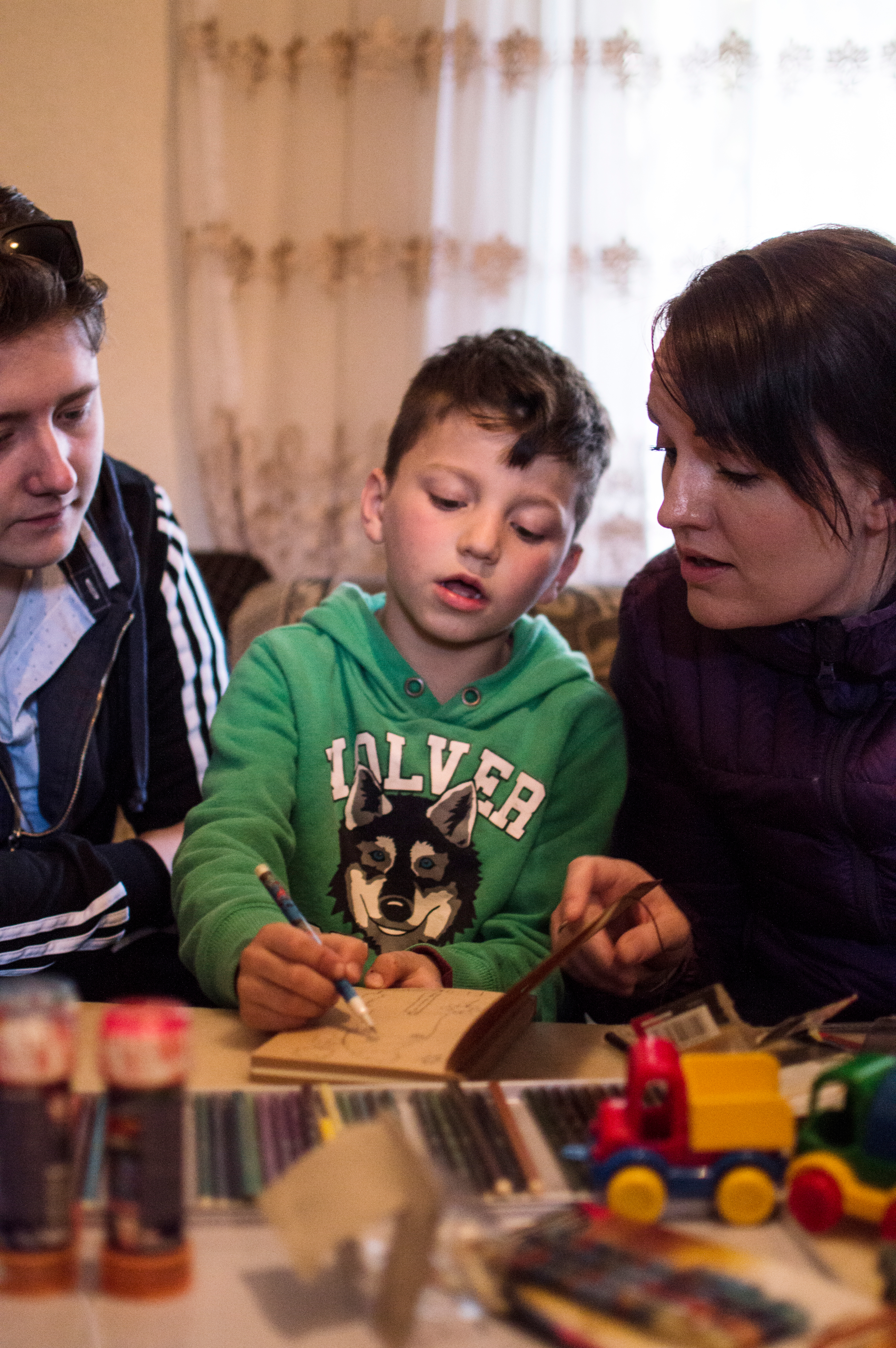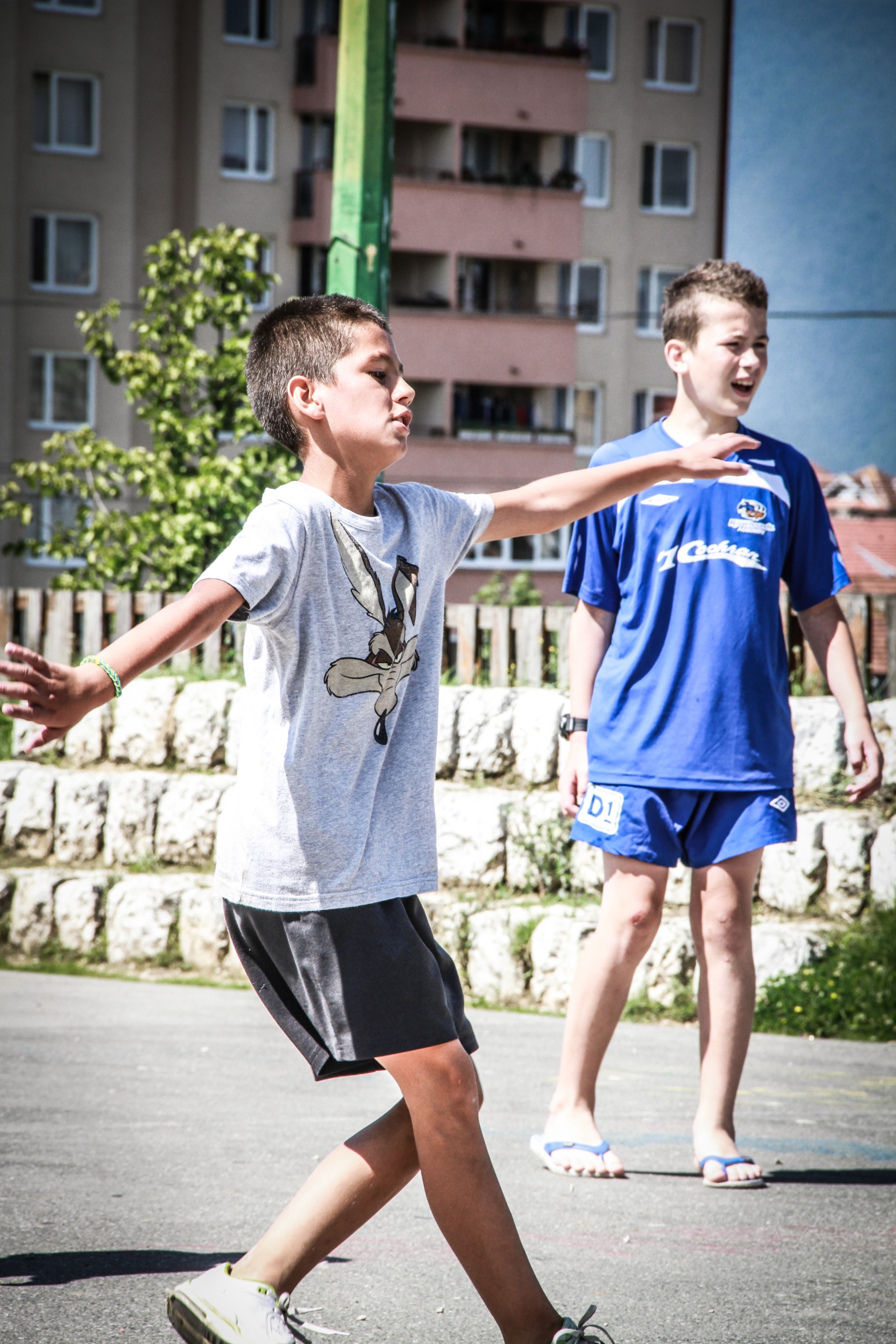Alternative care
This service is designed for children and young people who have lost the care of their biological families.
When families are unable to care for their children due to various reasons, the state takes on the responsibility — with the support of service provider organizations. This care can be either temporary or long-term, depending on each child's individual needs.
These services include not only a safe and stable place to live, but also access to food and basic needs, education, healthcare, employment opportunities, and psycho-emotional support. The long-term goal of our care is to prepare children and young people for independent life — equipping them with the skills and resources they need to thrive on their own.
- 01
Foster Care
Foster care is one of the alternative forms of childcare. It is based on an agreement between the state and a foster family, under which the family takes responsibility for the care, upbringing, and well-being of a child. The goal of the program is to raise the child in a family environment and support their development. Children can remain in foster care up to the age of 21. Whenever possible, siblings are placed together in the same foster family. According to a memorandum signed with the state, since 2024 SOS Children’s Villages Georgia has been ensuring recruitment, training, and provision of ongoing support to foster parents. This includes consultations, support groups, and continuous training.
- 02
Small Group Homes
This is a family-like care service for children and adolescents aged 6 to 18 who, for various reasons, have lost parental care and need a supportive family environment. Care within this service is provided by professional caregivers — often couples — who are supported by a multidisciplinary team that includes a psychologist, social worker, and coordinator. The service aims to provide children with a stable and caring adult figure, helping them form long-term, secure relationships with a trusted caregiver. It offers them a positive role model, opportunities to explore their interests, and develop essential life skills. Children also receive access to education, healthcare, employment opportunities, and psycho-emotional support. The ultimate goal is to help them take on responsibility and prepare for an independent life. Currently, there are 9 Small Group Homes operating within SOS Children’s Villages. These include 2 in Tbilisi, 3 in Kutaisi, and one each in Zestaponi, Khoni, Tsalenjikha, and Ambrolauri.
- 03
Youth Support
Youth support involves assisting young people aged 18 to 21 who are leaving the state care system due to reaching adulthood, but who are not yet ready for fully independent living. SOS Children’s Villages offers them both social housing and opportunities for formal and non-formal education, development of skills necessary for employment, and psycho-emotional support. This service focuses on a transition from care to support, which means promoting and strengthening young people’s independence. Currently, SOS Children’s Villages operates five youth homes/social housing – four in Tbilisi and one in Kutaisi.
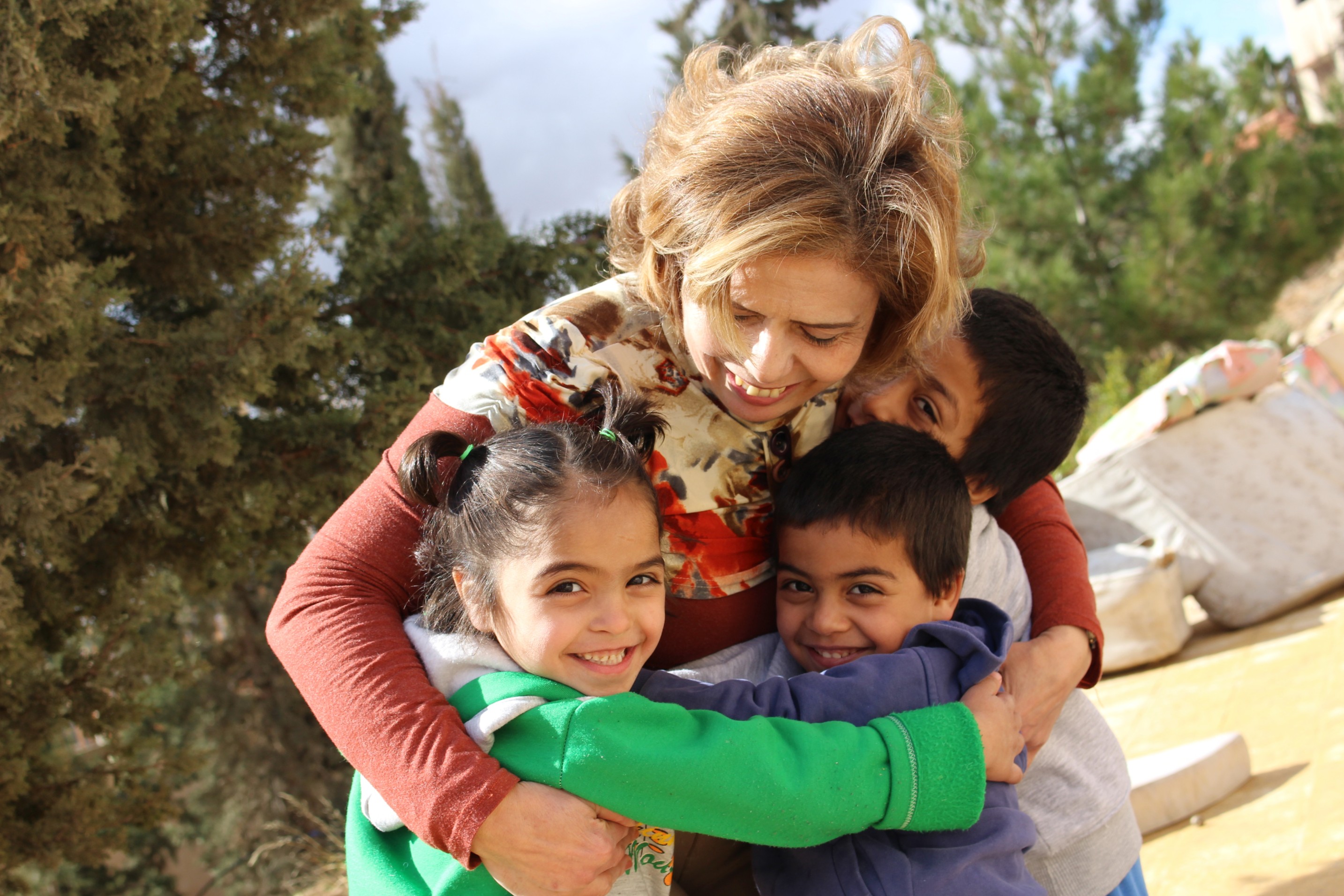


Other Key Focus Areas
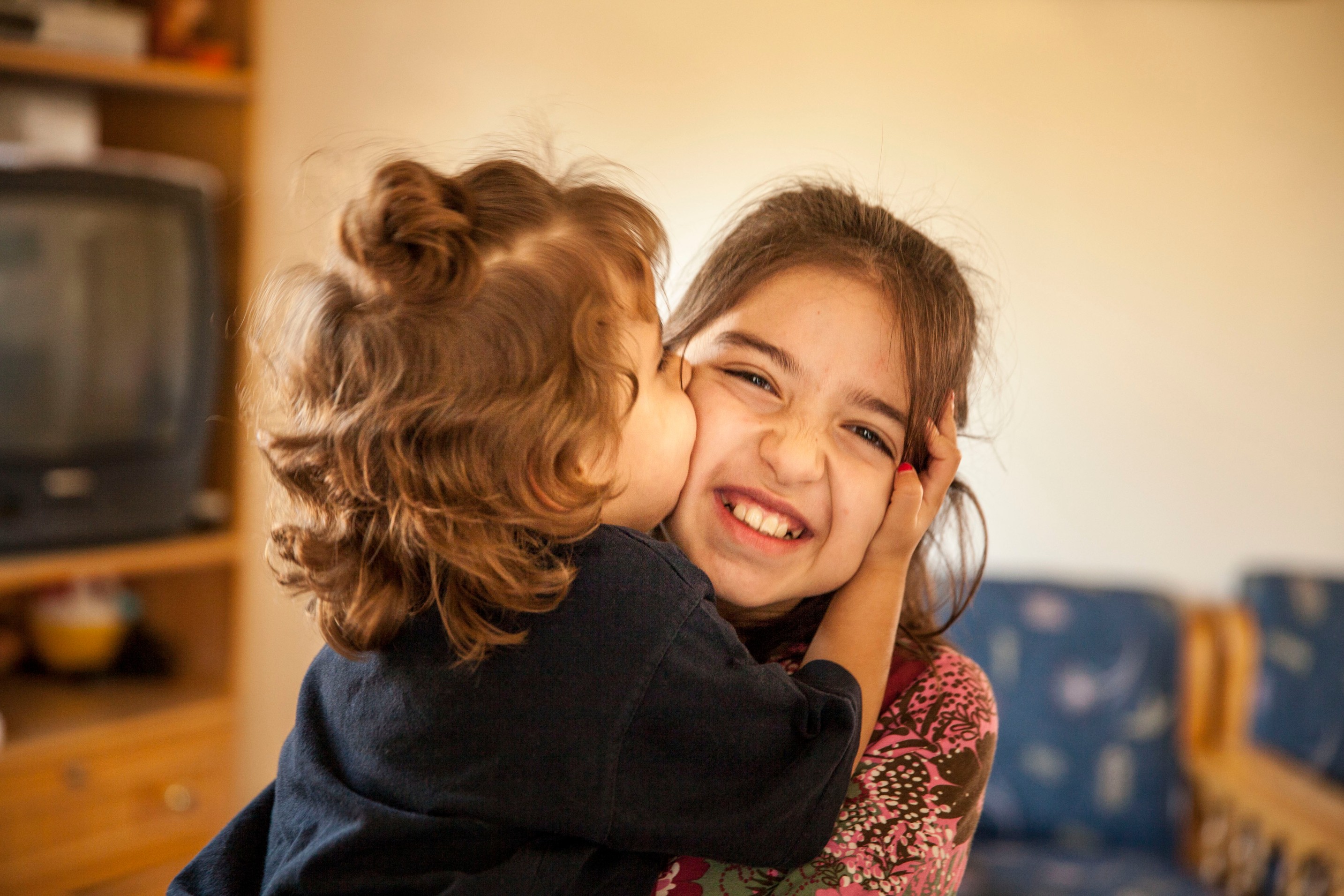
Learn More About
Our Organization
and Programs
Subscribe to Newsletters About Our Work and Updates
